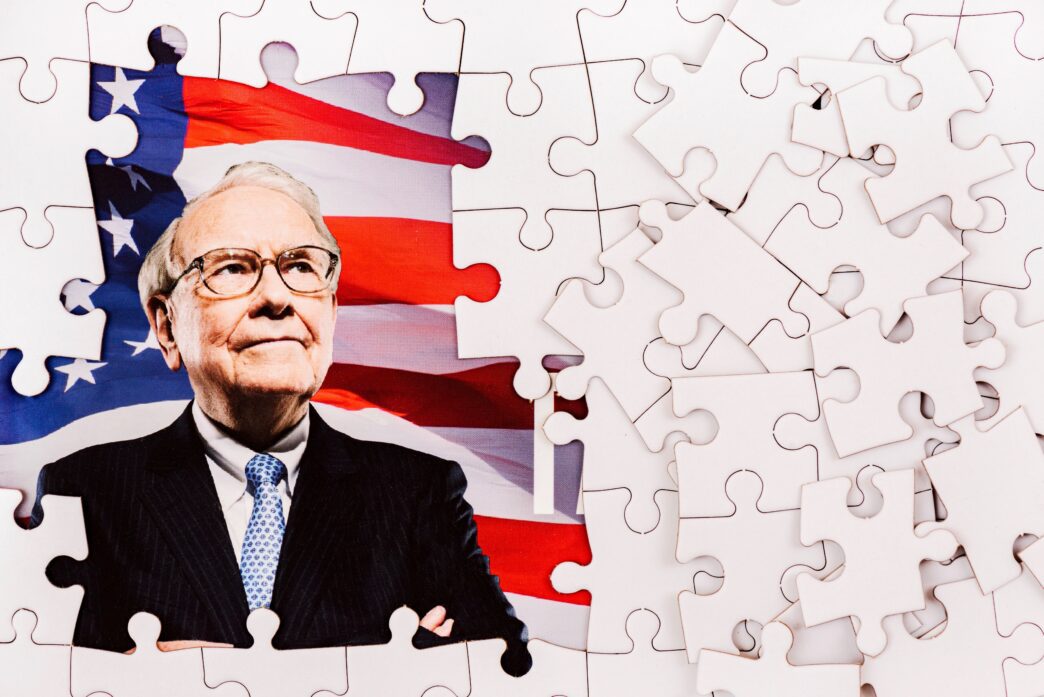Executive Summary
The Story So Far
Why This Matters
Who Thinks What?
Warren Buffett is set to step down as CEO of Berkshire Hathaway at the end of the year, concluding a tenure of over six decades. The announcement comes as Berkshire Hathaway’s third-quarter earnings report on November 1 revealed a record cash hoard and continued caution regarding the stock market, with the company being a net seller of equities during the period.
Leadership Transition
Upon Buffett’s departure as CEO, Berkshire veteran Greg Abel will assume the role. Buffett will continue to serve as chairman of the board of directors. This transition marks a significant change for the conglomerate, which has been under Buffett’s leadership since 1965.
Third-Quarter Financials
Berkshire Hathaway reported its third-quarter results on November 1, showcasing a continued strategy of building cash reserves. The company’s cash and short-term investments in U.S. Treasury bills surpassed $377.5 billion, reaching a new record high. This accumulation occurred despite the broader market’s upward trajectory, partially fueled by recent interest rate cuts by the Federal Reserve.
During the quarter, Berkshire was a net seller of stocks, purchasing approximately $6.4 billion in equities while selling about $12.5 billion. This activity underscores a cautious stance on current market valuations. The company’s largest acquisition in roughly three years was also announced, a $9.7 billion deal to acquire Occidental Petroleum’s petrochemical unit.
Market Valuation Concerns
Berkshire’s investment actions suggest that Buffett and his team perceive the stock market as overvalued. The “Buffett indicator,” a metric comparing the total market capitalization of the Wilshire 5000 to U.S. gross domestic product (GDP), recently exceeded 220%. Historically, Buffett has considered the market overvalued when this indicator trades above 100%, a level it has not dropped below since 2013.
The company’s sheer size presents challenges in finding sufficiently large and attractive investments that could significantly impact its overall performance. Further supporting this cautious outlook, Berkshire Hathaway has not repurchased any of its own stock so far this year, indicating that management may also view its own shares as expensive at current levels.
Implications for Investors
Buffett’s long-term investment philosophy has historically emphasized sidestepping major market downturns. The current accumulation of cash could also serve to position Greg Abel strongly as he takes the helm. While Berkshire’s cautious approach signals potential concerns about market stability, individual investors should consider their own risk profiles and portfolio sizes, which differ significantly from a conglomerate of Berkshire’s scale.
For investors concerned about market conditions, strategies to reduce risk exposure could include increasing cash holdings, diversifying through equal-weight S&P 500 funds, or focusing on high-quality dividend-paying stocks for stability.







